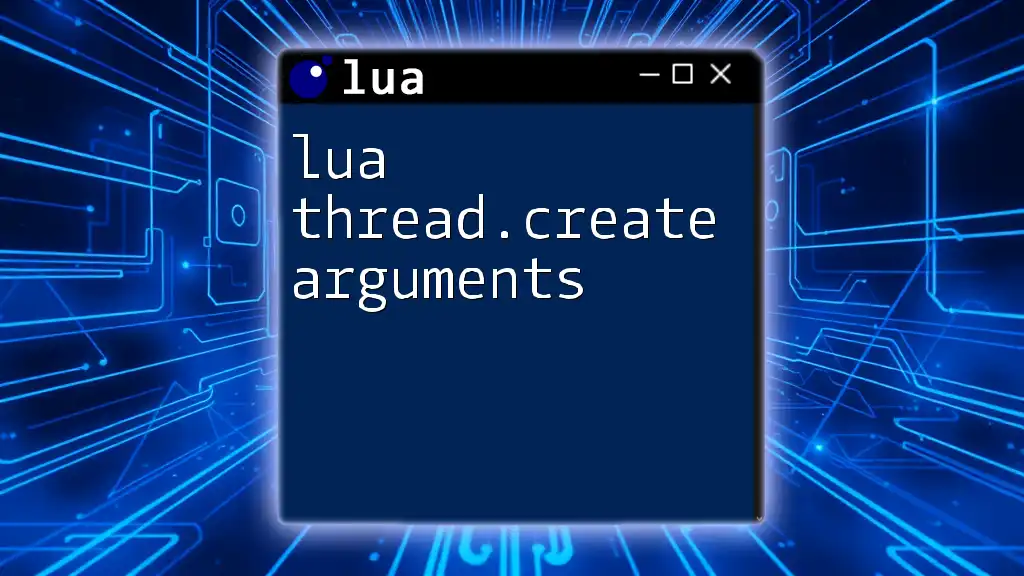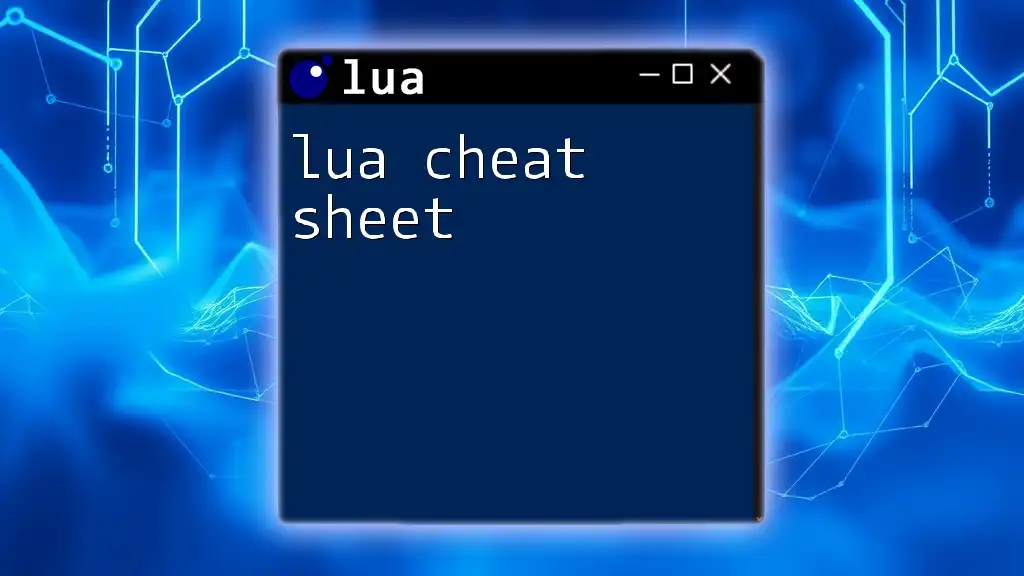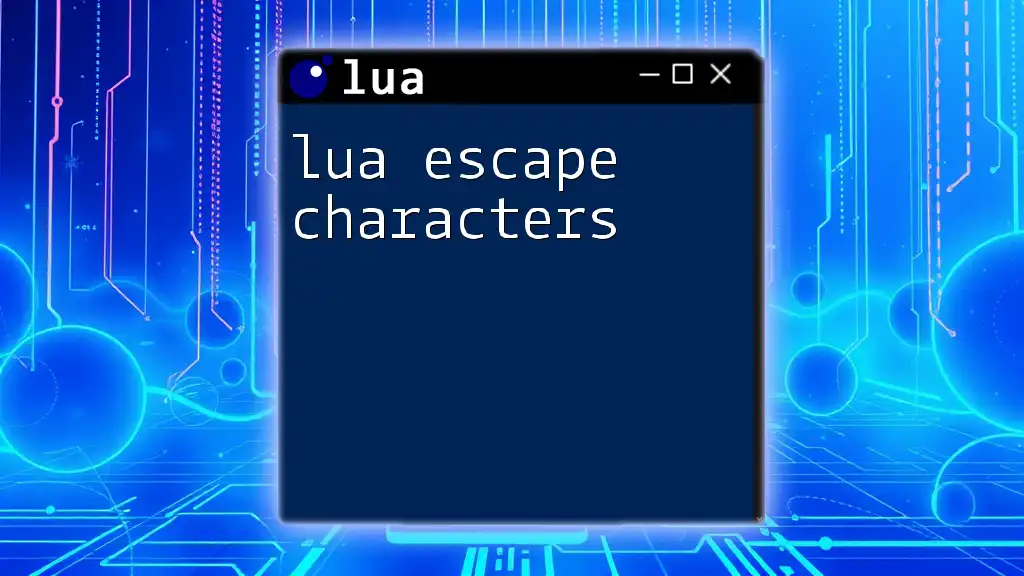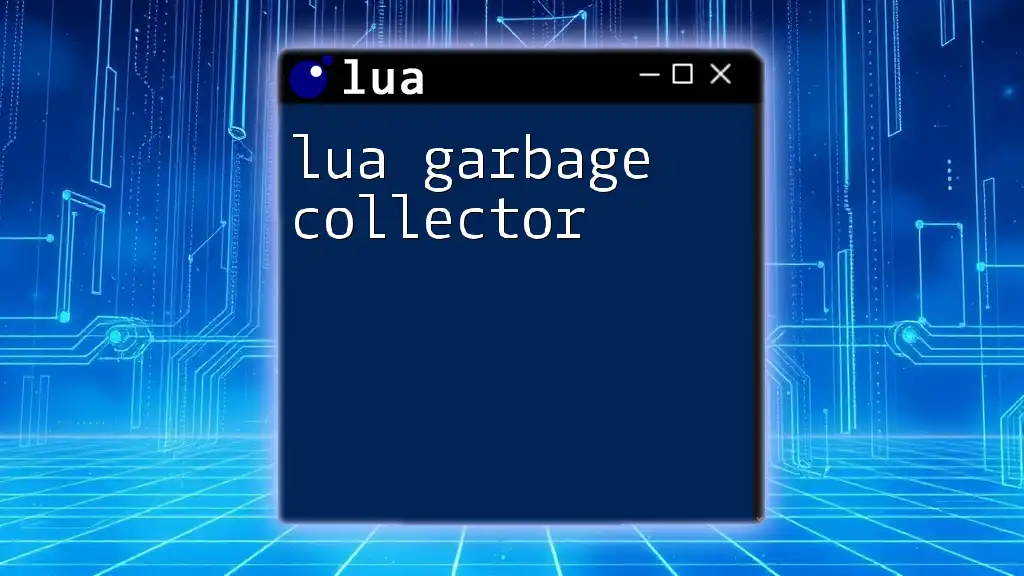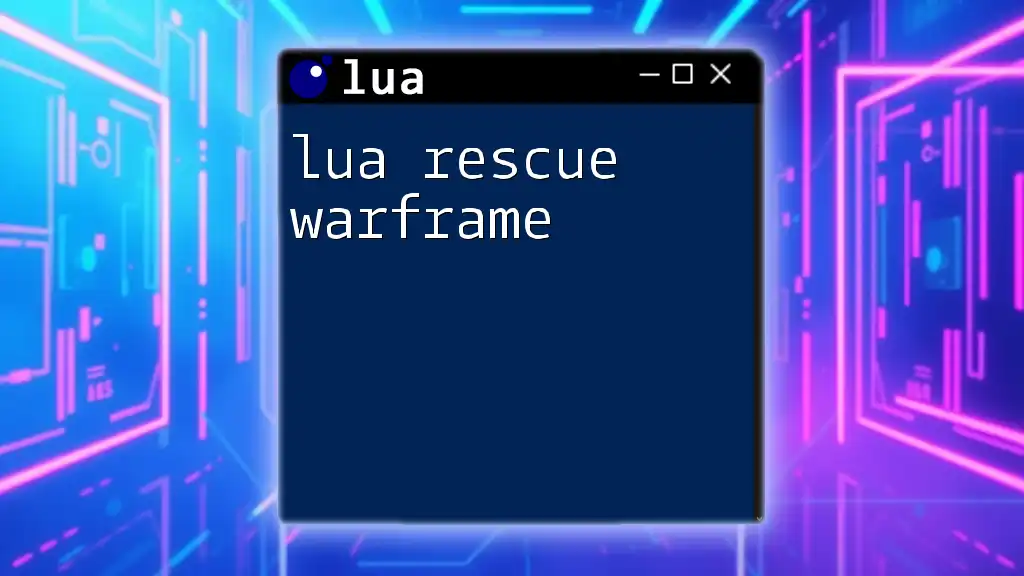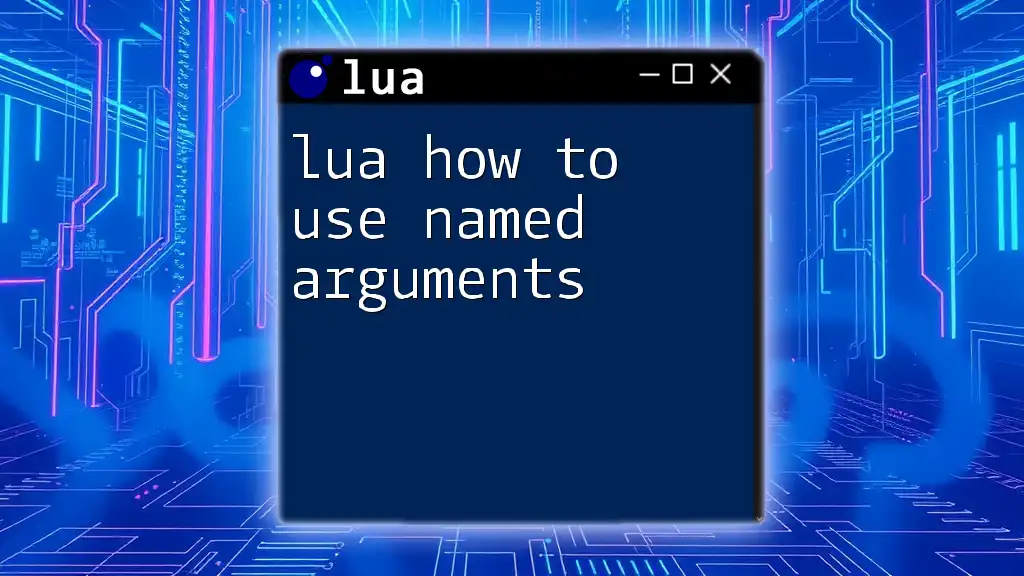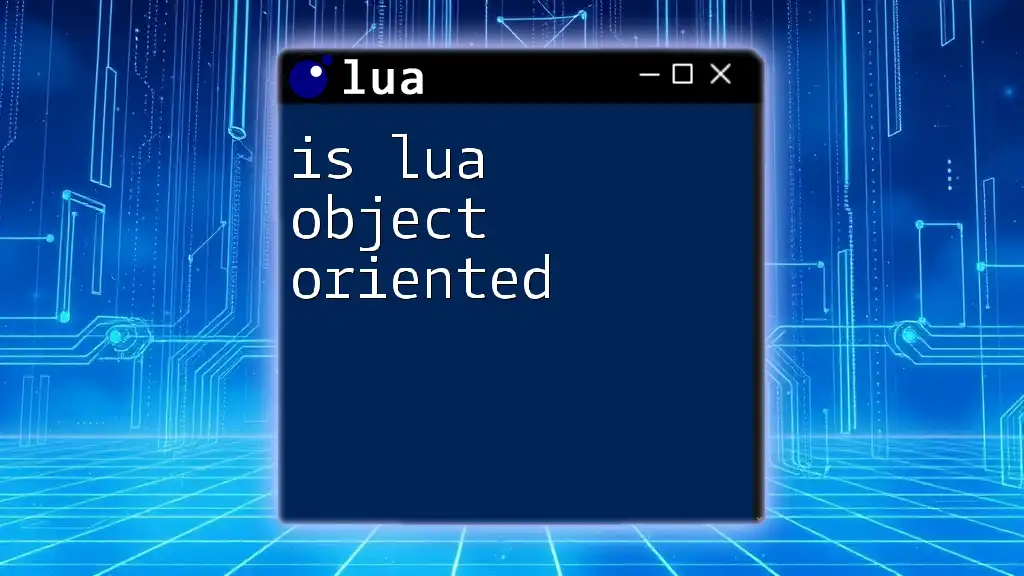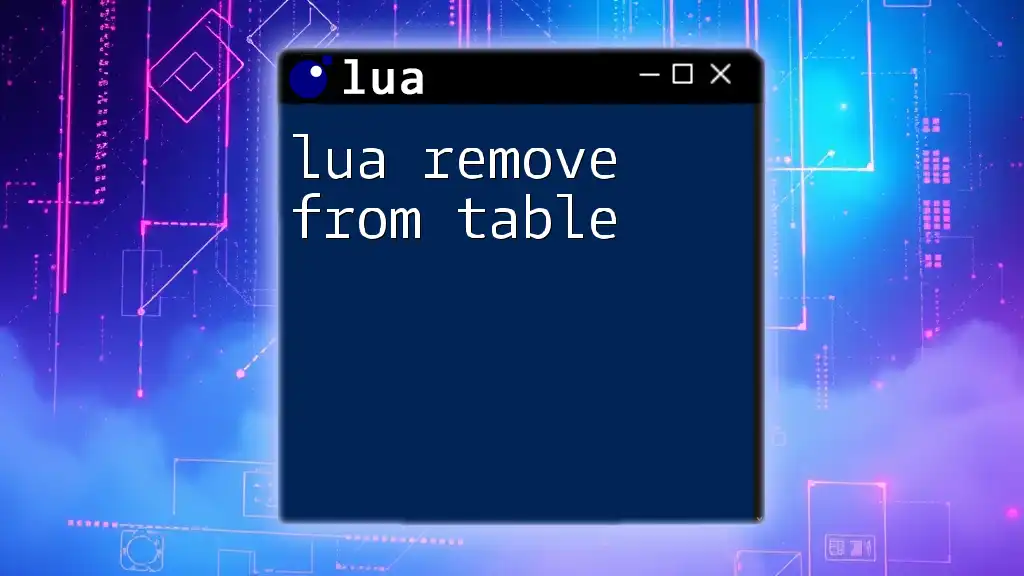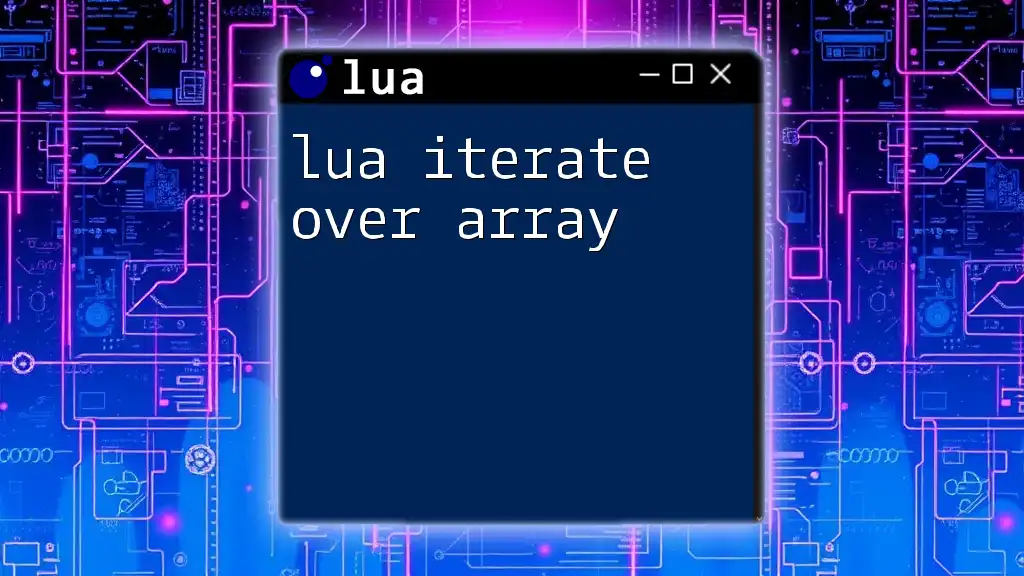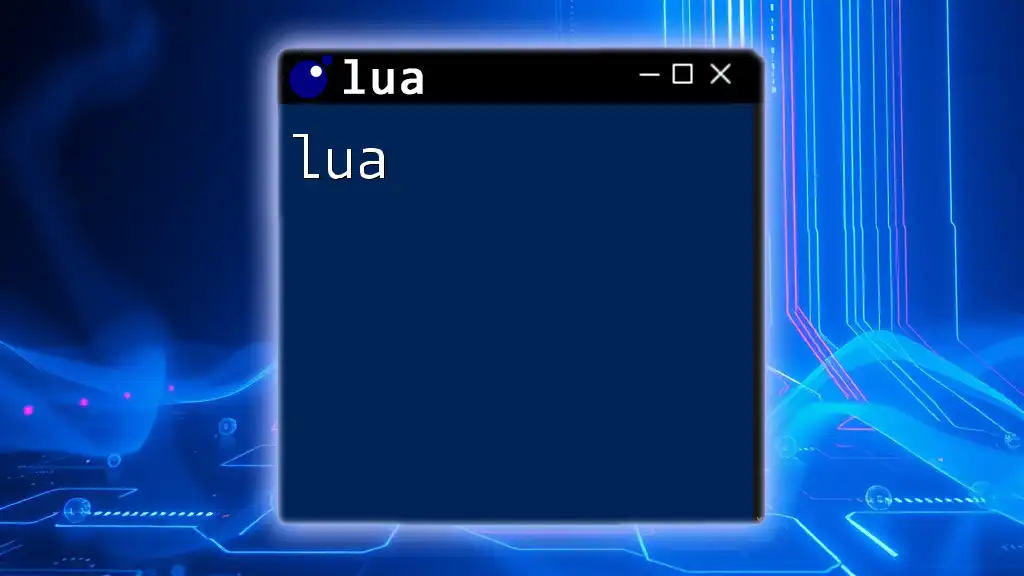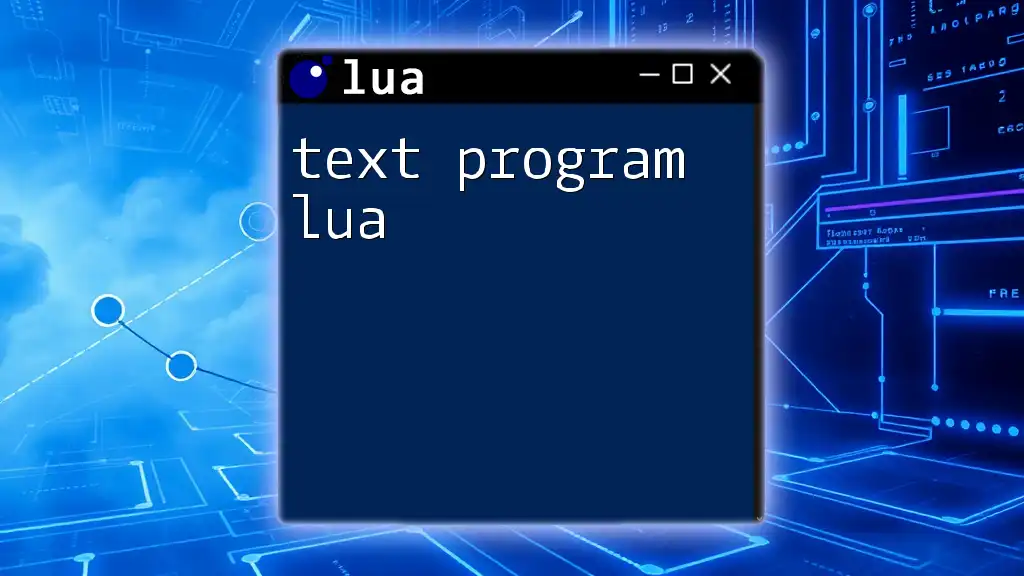In Lua, the `thread.create` function is used to create a new thread for executing a function concurrently, taking a function as the first argument and any subsequent arguments as parameters for that function.
Here’s a code snippet demonstrating its usage:
local thread = require("thread")
local function myFunction(arg1, arg2)
print("Argument 1:", arg1)
print("Argument 2:", arg2)
end
local newThread = thread.create(myFunction, "Hello", "World")
Understanding Lua Threads
Lua is a powerful, lightweight programming language often used for embedded systems and game development. Its simplicity and flexibility have made it popular among developers. One of the key features of Lua is its support for concurrency through threads, allowing multiple operations to run simultaneously.
What are Threads in Lua?
Threads in Lua are separate paths of execution that operate independently yet can share resources. Unlike processes, which have separate memory spaces and are heavier to manage, threads are lightweight and can easily share the same memory space. This feature is essential for creating responsive applications that can perform multiple tasks simultaneously—enhancing user experience and application performance.
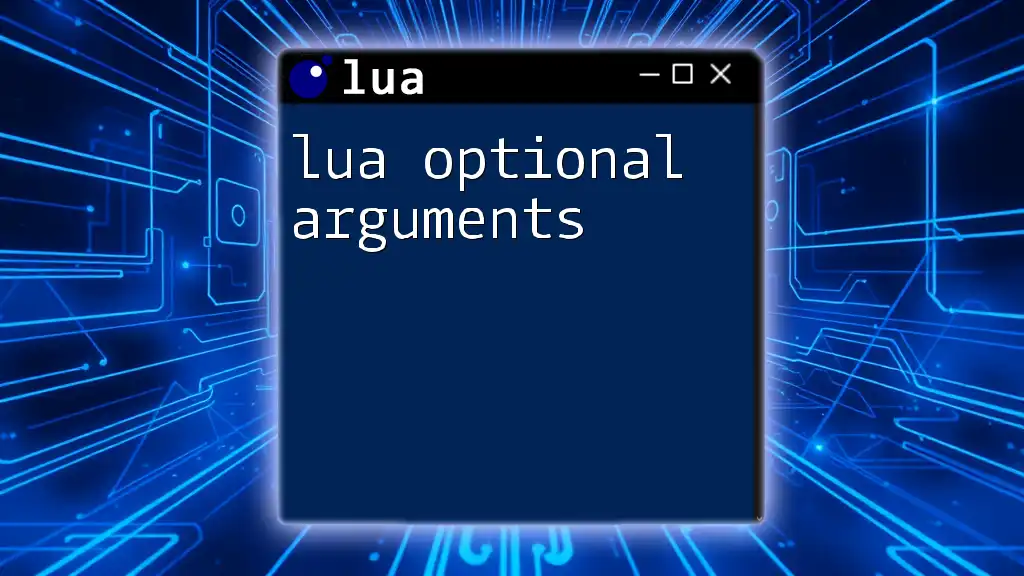
The `thread.create` Function
The `thread.create` function in Lua is a pivotal tool for programmers looking to implement threading in their applications. It allows the creation of a new thread, enabling concurrent execution of tasks without blocking the main program.
Syntax of `thread.create`
The syntax for the `thread.create` function is relatively straightforward, making it accessible for beginners. The basic structure is:
thread.create(function, ...)
This syntax indicates that `thread.create` takes a function as its first argument, followed by optional additional arguments. This flexibility allows developers to pass necessary parameters directly to the new thread.
Arguments of `thread.create`
The `thread.create` function accepts specific parameters that facilitate its operation:
The Main Function
The primary argument required by `thread.create` is the main function. This function acts as the entry point for the thread, containing the code that will execute within that thread. It must be defined before calling `thread.create`:
local function main_func()
print("Hello, Thread!")
end
Argument Types and Behavior
In addition to the main function, you can pass additional arguments directly after it. Lua allows you to specify any number of arguments, which get passed to the main function when the thread runs. This feature enables dynamic and flexible thread operations.
Example of `thread.create`
Basic Example
A simple implementation of `thread.create` is straightforward. Here’s a step-by-step breakdown of a basic usage example:
local th = thread.create(main_func)
thread.start(th)
In this code snippet, we’ve created a new thread `th` that will execute `main_func`. The `thread.start(th)` command is then used to initiate the thread.
Advanced Example with Arguments
You can also pass arguments to your function to enhance its functionality. Consider the following example where we pass a name to the thread’s main function:
local function greet(name)
print("Hello, " .. name)
end
local th = thread.create(greet, "World")
thread.start(th)
In this case, the `greet` function receives "World" as an argument when the thread starts, outputting "Hello, World!" when executed.
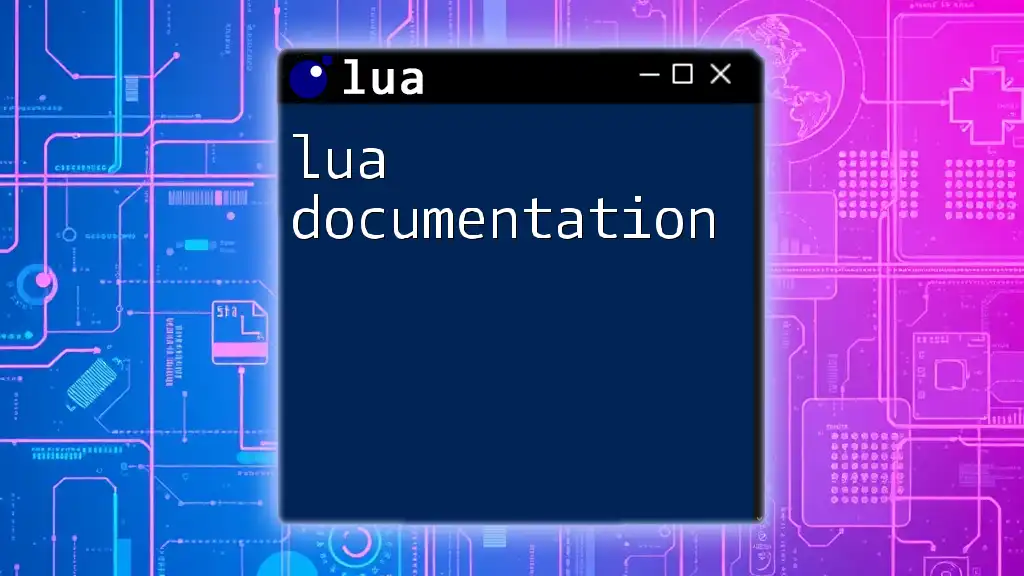
Managing Threads
Starting Threads
Once you have created a thread using `thread.create`, it’s essential to start it using `thread.start`. This command activates the thread, allowing it to execute in parallel to the main program flow.
Yielding and Resuming Threads
Thread management in Lua also includes the concept of yielding. Yielding is a crucial function that allows a thread to pause its execution temporarily, handing back control to the main program or to other threads.
Here is a snippet demonstrating yielding in a simple counter function:
function counter(limit)
for i = 1, limit do
print(i)
coroutine.yield() -- Yield control back to the thread scheduler
end
end
This code allows a thread to count up to a given limit while yielding after each iteration, which is useful for interactions requiring shared resources efficiently.
Joining Threads
After starting threads, it’s vital to ensure that they complete their tasks properly. This is where the `thread.join` function comes in handy. It blocks the main thread until the specified thread finishes executing, helping manage the flow of the application seamlessly:
thread.join(th)
This line of code ensures that the main thread will wait until the thread `th` has completed, maintaining the integrity of the overall program execution.
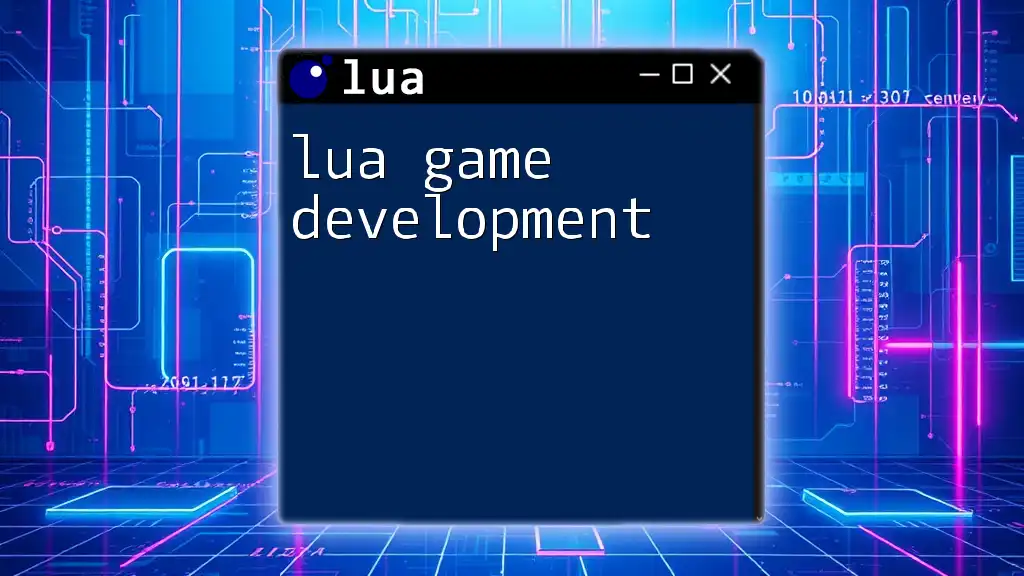
Common Pitfalls
Error Handling
When using `thread.create`, developers may encounter various issues, such as passing incorrect argument types or having the main function fail to execute properly. It’s essential to implement error handling within your thread to avoid crashes or unexpected behavior. Using `pcall` (protected call) can help manage errors effectively.
Resource Management
Threads share the same memory space, which poses risks if not managed properly. Common pitfalls include memory leaks and race conditions, where two threads try to read/write shared data simultaneously. It’s critical to handle shared resources with care and apply synchronization mechanisms where necessary.
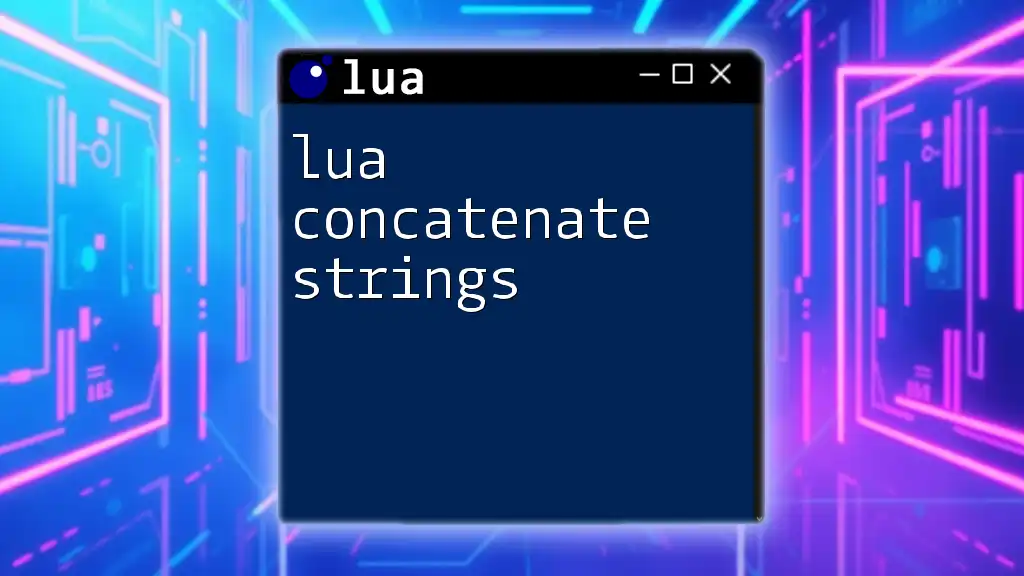
Conclusion
In summary, mastering lua thread.create arguments is integral for those looking to leverage the power of threading in their Lua applications. The ability to create, manage, and utilize threads effectively can drastically improve your applications' performance and responsiveness. As you explore threading in Lua, consider building small projects to experiment with these concepts.
Future Learning Resources
As you continue your journey with Lua, consider exploring documentation, online tutorials, and community forums focused on Lua programming and concurrency to deepen your understanding. Engaging with the community can also provide insights into best practices and troubleshooting.
Call to Action
Now that you're equipped with knowledge about `lua thread.create arguments`, it's time to dive into your next Lua project! Start implementing threading and share your experiences or challenges with the community. Embrace the power of concurrent programming in your applications!
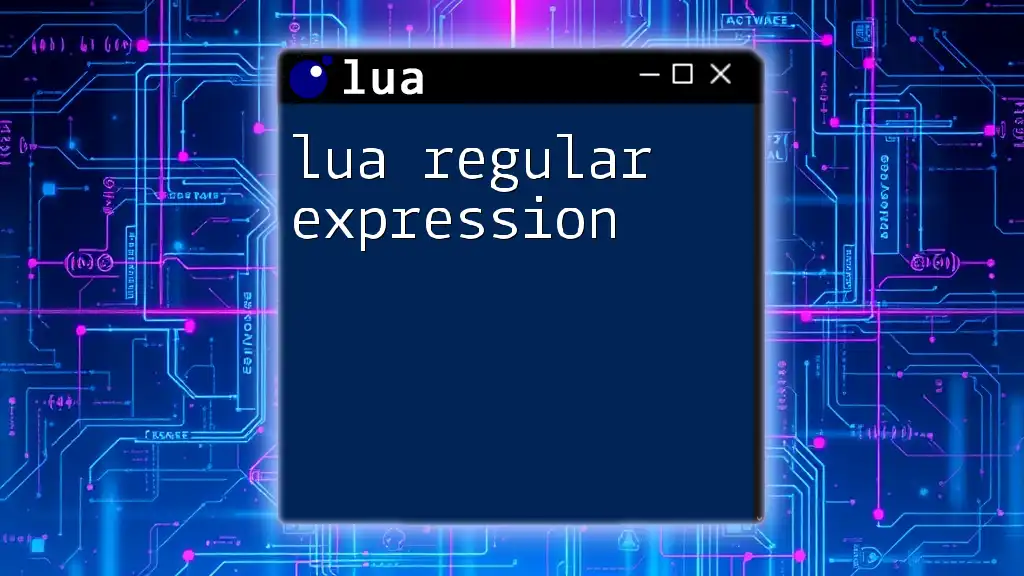
Frequently Asked Questions (FAQ)
What is the difference between coroutine and thread in Lua?
Coroutines and threads in Lua allow for concurrency, but they work differently. Coroutines are cooperative, requiring the programmer to yield control explicitly, while threads are independent execution paths managed by the Lua scheduler.
Can I have multiple threads in Lua?
Yes, Lua allows you to create and manage multiple threads simultaneously. Each can run independently, sharing resources as necessary while avoiding potential conflicts through careful management.
What should I do if my thread crashes?
Implement robust error handling inside your thread functions. Use `pcall` to catch errors without crashing the whole application, allowing you to handle exceptions gracefully. This approach helps maintain application stability during unforeseen issues.

